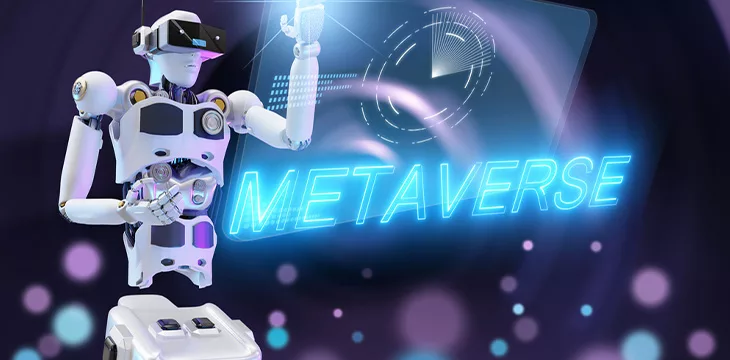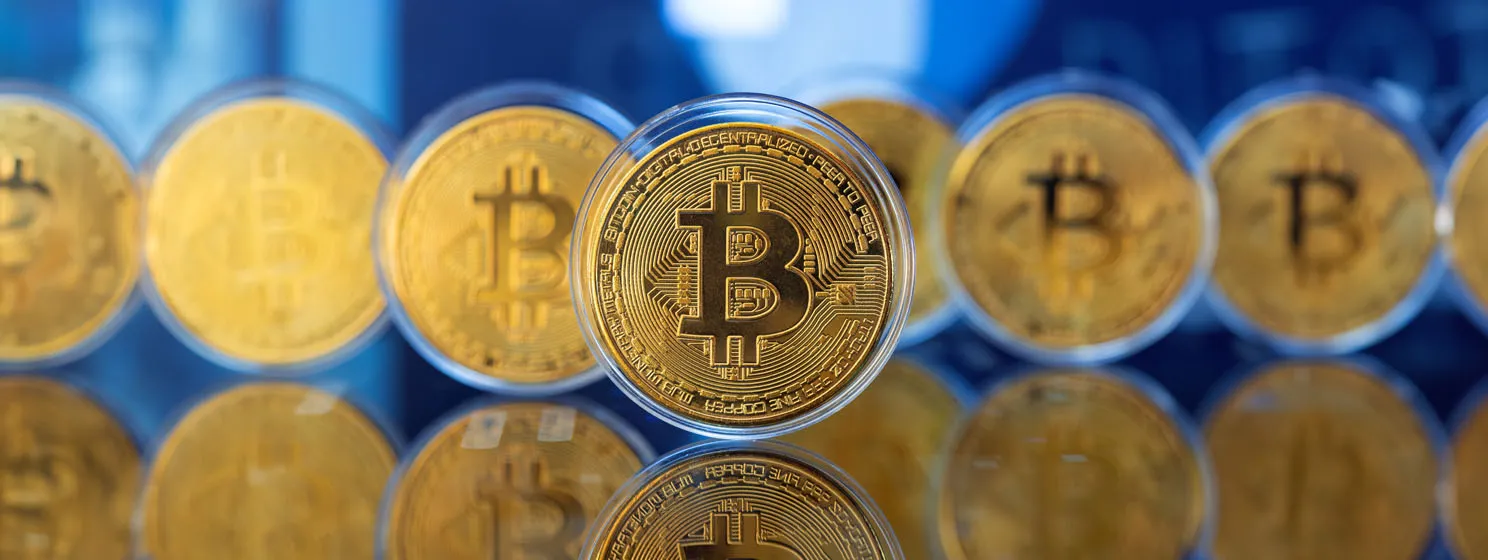|
Getting your Trinity Audio player ready...
|
On the latest episode of CoinGeek Discussions hosted by Alex Vidal and Zachary Weiner, HandCash CEO Alex Agut, Robert Rice from Omniscape, Todd Price from the BSV Blockchain Association, and CoinGeek’s own Kurt Wuckert Jr. discussed the metaverse, gaming, hyperbitcoinization, and more. Check it out via this link.
What’s going on with digital currency regulations?
The first topic the discussion delves into is digital currency and blockchain regulations. Agut says many firms are still afraid to get involved in the industry because of the lack of clarity and the ever-changing regulatory landscape. He points out that HandCash has a company in Lithuania to deal with onboarding, and most of the regulatory issues come on the fiat side of things. Unfortunately, this isn’t likely to change anytime soon.
Rice notes that Sam Bankman-Fried being held accountable (finally) is a move in the right direction. He believes it’s too soon to regulate AI, and regulators should refocus on things that can impact the economy now, namely digital currencies.
Robert Rice—His Bitcoin story and journey to Omniscape
The Transmira CEO and founder says he heard about it back in 2011 while working at another startup. One of the employees asked him if he could be paid in Bitcoin, and pretty soon, he asked if he could mine it on his work computer. Before long, lots of other people in the office were doing the same, and Rice had to tell them to dial it back.
Rice didn’t join in at this stage and lamented this as a missed opportunity. However, in the next upswing, he traded some Litecoin (NASDAQ: LTC) and considered mining. Ultimately, he decided the best way to get digital currencies was to build a product and get people to pay with them.
What is Omniscape? It takes metaverse technology such as VR, AI, and blockchain technology and builds AR experiences. Using digital twins of real-world places and later fictional ones, new kinds of digital interactions can be enabled. For example, Rice says they can create a photorealistic copy of Berlin whereby you can interact with real people in this 3D world.
Omniscape will soon be releasing metaverse apartments. The blend between VR and AR is complicated and takes time, so Rice asks for patience from the community. The focus is on building apps that deliver real value. An example of such digital items would be 3D NFTs linked back to real-world items.
Alex Agut’s Bitcoin story and HandCash as a gaming portal
HandCash co-founder and CEO Alex Agut then tells his Bitcoin story. He first heard about it in a forum in 2012 or 2103. After getting some, it experienced a large crash, and he gave most of it away.
In 2015, Agut and his partner founded an app so neighbors could help each other with small jobs and tasks. During its development, they noticed existing payment systems weren’t ideally suited to it, e.g., they had to use escrow services, making it difficult to make money. At this stage, Bitcoin was still complicated to use. However, all of this led to the knowledge he needed to build HandCash.
Why did they create HandCash specifically? They knew it could solve a real pain point around payments. Agut believes that social media platforms, games, and other apps need to have one monetary platform they can tap into. Of course, this is what Bitcoin is.
Agut notes that while money is part of Bitcoin, its real purpose is to bring peer-to-peer commerce to the masses. This will include tokens and other digital items as well as bitcoins.
The HandCash CEO believes all of this is a great opportunity for gaming companies to disrupt this status quo. He believes trading cards should be tradable and transportable outside the game. In this way, gamers can own items even if they haven’t played the game yet, which could, in turn, become a new way to market games and gain players.
Agut says CryptoFights wanted to utilize the HandCash marketplace, and it’s going well. He answers another question by saying they don’t officially have anything to do with ChatBSV. Still, this idea of utilizing micropayments on a pay-as-you-go basis rather than requiring another subscription is a good one.
Weiner adds that he built Ask HAPI to showcase the “sh*tty state of all wallets except HandCash.” He agrees that the micropayments model is good in theory, but the BSV blockchain is both hard to get, and those who have it are reluctant to spend it right now. Agut says that’s why we need stablecoins, and Weiner agrees they would solve this problem.
Kurt Wuckert Jr. makes a surprise appearance
CoinGeek’s Chief Bitcoin Historian Kurt Wuckert Jr. makes a surprise appearance at this stage of the discussion. He says that, as well as working on GorillaPool, he’s been piecing together an article on post-halving economics.
What’s going on at GorillaPool, and what is the opportunity for entrepreneurs? Wuckert jokes that it’s one of the only BSV blockchain firms with real revenue, and it’s doing a bunch of exciting things like JungleBus to help entrepreneurs get the data they need without running a full node. GorillaPool is also taking pre-orders on S21 antminers, which he says are very profitable to run.
Todd Price talks about educating the world
Todd Price is the curriculum specialist at the BSV Blockchain Association. As such, he’s deeply involved in educating the world on the blockchain and its capabilities.
Price says he first learned about Bitcoin when he read an article by Mike Hearn. He was studying medical science then, so it didn’t all make sense to him, but he soon learned. Shortly thereafter, he bought some coins using PayPal (NASDAQ: PYPL) and rode the price rollercoaster like so many others.
Price had been watching the scaling debate and figured it would resolve itself. However, by 2016, it hadn’t. He was listening to Roger Ver and others, and eventually, he started learning from Dr. Craig Wright and finally understood the system.
The discussion then pivots to some of the international education Price, and his team have been engaged in. He talks about Digital Nigeria and how so many eager students are learning about sCrypt and other things related to the BSV blockchain. He describes this as planting seeds that will take root and grow in the future. As well as Nigeria, Price has been involved in blockchain education in the Philippines, including high-level people in the Bangko Sentral ng Pilipinas.
Weiner asks why they’re focusing on the Philippines. Price says that the Philippines, India and Nigeria have lots to gain from this technology, and they all have English-speaking, tech-savvy populations who are eager to learn. They’re ambitious and want to propel themselves forward, and they recognize the BSV blockchain can help them with that.
To hear more about the guests’ views on hyperbitcoinization, the importance of interoperability, peer-to-peer networks, tokenized gold, and Ordinals, listen to the discussion here.
Watch: CoinGeek Bitcade brings play to earn Bitcoin money games to Miami

 07-03-2025
07-03-2025 





